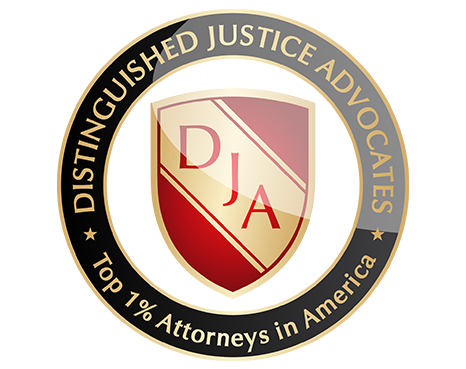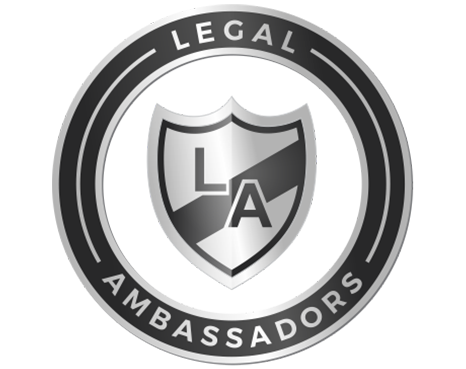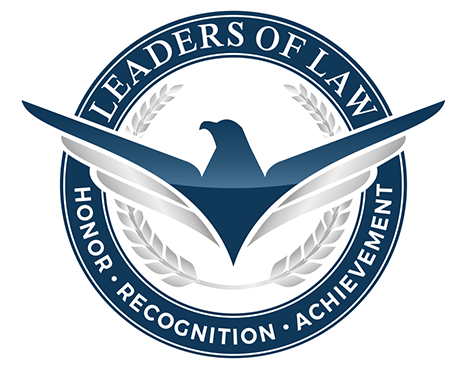Religious Discrimination Attorneys Beverly Hills & Rancho Cucamonga, CA

California is famous as a destination for spiritual seekers of all sorts. If you are bored on a road trip, count the places in California that are named after Catholic saints. Leonard Cohen found inspiration at the Mount Baldy Zen Center, and the Dharma Bum Temple in San Diego takes its name from Jack Kerouac’s account of his spiritual searches while traveling in California decades ago. Topographic and literary references aside, California is home to one of the most diverse populations in the United States, and this includes a diversity of religious affiliations and beliefs.
The First Amendment to the United States Constitution guarantees the right to freedom of religion, and legislative and judicial decisions over the years have led to employment laws that prohibit discrimination based on religion. Despite this, many employees experience discrimination based on their religious beliefs or lack thereof. The Beverly Hills religious discrimination lawyers at Mehtani Law Offices, P.C. can help you if you have experienced religious discrimination in the workplace.
Religious Discrimination In Beverly Hills & Rancho Cucamonga
To bring a religious discrimination claim under California law, an employee must basically show that (i) the employee suffered an “adverse employment action” by his or her employer; (ii) that a “substantial motivating factor” for such action was the employee’s religion; and (iii) that the employee was harmed by the employer’s conduct.
As explained by the Judicial Council of California Jury Instructions, Adverse employment actions’ are not limited to ultimate actions such as termination or demotion. There is an adverse employment action if [name of defendant] has taken an action or engaged in a course or pattern of conduct that, taken as a whole, materially and adversely affected the terms, conditions, or privileges of [name of plaintiff]’s employment.
An adverse employment action includes conduct that is reasonably likely to impair a reasonable employee’s job performance or prospects for advancement or promotion. However, minor or trivial actions or conduct that is not reasonably likely to do more than anger or upset an employee cannot constitute an adverse employment action.”
A “substantial motivating reason” is a reason that actually contributed to the applicable adverse employment action. While it must be more than a remote or trivial reason, it need not be the only reason motivating the applicable adverse employment action.
To bring religious discrimination under Federal Law, the standards are similar but there are some differences. You should consult an employment attorney to discuss the differences and determine whether bringing state and/or federal age discrimination claims makes sense in your particular situation.
Religious Harassment In Beverly Hills & Rancho Cucamonga
Age harassment claims under California law require a showing that (i) the employee suffered either “severe” or “pervasive” mistreatment by another employee or group of employees; (ii) that a “substantial motivating reason” for the mistreatment is due to the employee’s religion; and (iii) that the employee was harmed by the employer’s conduct.
Importantly, there has to be a “nexus” or connection between the mistreatment and the employee’s religion. In other words, it is not enough to merely show that you were a particular religion and were mistreated; instead, you need to show that a “substantial motivating reason” for the mistreatment was your religion.
Mehtani Law Offices, P.C. attorneys regularly litigate religious harassment cases. What we typically look for is direct or circumstantial evidence of religious harassment. For example, inappropriate, derogatory, or mean comments about an employee’s religion by a supervisor repeatedly on a daily basis over a period of time could be deemed harassment, depending on all of the facts and circumstances.
Harassment claims can often be highly particularized and you should consult with an attorney to determine whether you indeed have a harassment claim. Sometimes the conduct may be inappropriate or unprofessional but does not rise to the level of legal harassment. Other times the situation is quite clear, and other times it is gray. The attorneys at our Firm can review the specific facts of your situation and analyze whether they believe you have a harassment case.
Religious Retaliation In Beverly Hills & Rancho Cucamonga
To bring a case for religious retaliation under California law, an employee must basically show that (i) the employee suffered an “adverse employment action” by his or her employer; (ii) that a “substantial motivating reason” for such adverse employment action was because the employee engaged in protected activity by protesting or refusing to participate in religious discrimination or other illegal conduct related to employees’ religion(s); and (iii) that the employee was harmed by the employer’s conduct.
Importantly, people often claim that they are being retaliated against but cannot evidence an actual “adverse employment action”. But without an adverse employment action, the employee cannot prove a case of retaliation.
Protected Characteristics and California Employment Laws
You have the right to sue your employer for employment discrimination if your employer took an adverse action against you because of a protected characteristic. Adverse actions include refusal to hire, undue scrutiny or micromanagement of your work, undesired reassignment of duties or working conditions, hostile work environment, demotion, denial of promotions or raises, and termination of employment.
You can tell that the adverse action was based on your protected characteristic when your actions or job performance do not warrant the adverse action or because employees who possess a certain characteristic receive this mistreatment from the employer while employees who do not possess this characteristic do not.
The law recognizes many different protected characteristics, including race, sex, age, military status, disability, and family status. The protected characteristic of religion has been construed in various ways, including the following:
- Participation in a faith tradition, such as by attending religious services or observing religious duties
- Belonging to one sect or denomination of a major religion, whereas your work supervisors belong to a different sect of the same religion
- Lack of religious faith or skepticism about the teachings of religions
- Being recognizably connected to a religious group by ancestry or cultural background, even if you do not personally practice the religion (for example, having a recognizably Jewish or Islamic last name)
Even if you make an effort not to discuss your religious beliefs at work, your colleagues might antagonize you about certain behaviors connected to your religious affiliation, such as your diet or your religiously mandated manner of dress. Issues might also arise if you request time off of work to observe a religious holiday or short breaks during the workday to perform prayers.
Disputes have also arisen when workers have asked for exemptions to certain aspects of the dress code, such as asking to wear religiously required head coverings at work or asking to wear a long skirt or long trousers that are more modest than the usual work uniform. If your employer fires you or otherwise takes adverse action against you because you request a religious accommodation or complain to human resources about religious discrimination, this is employer retaliation, which is against the law.
Filing a Complaint About Discrimination Based on Religion
When an employee files a discrimination complaint, the process has more steps than simply drafting a complaint and submitting it at the court. First, you must go through the Equal Employment Opportunity Commission (EEOC). After you meet with an EEOC counselor, the EEOC will conduct an investigation into your discrimination complaint; they will attempt to corroborate your claims and, if applicable, document other instances of discrimination at your workplace.
The deadline for contacting the EEOC is only a few weeks after the most recent incident of discrimination. To increase your chances of the EEOC approaching your request to bring your discrimination lawsuit to court, you should contact an employment discrimination lawyer before your first appointment with an EEOC counselor.
Caste Discrimination Is a Form of Religious Discrimination
Many employees face caste discrimination, even though federal law does not recognize caste as a protected characteristic. California’s lawmakers are currently considering a bill that would include caste as a protected characteristic under employment discrimination laws. Caste, as construed under the laws of India, refers to hereditary groups that tend to marry among themselves according to centuries-old social customs. It is not exactly synonymous with ethnicity or sect. Certain castes have faced discrimination for ages, so Indian law lists them as Scheduled Castes and prohibits discrimination against them.
Mehtani Law Offices, P.C. has represented plaintiffs who were born into Scheduled Castes in India and later immigrated to California, where they faced discrimination from work supervisors who belonged to upper castes. Thus far, all caste discrimination lawsuits have involved plaintiffs and supervisors who practiced the Hindu faith and had immigrated to the United States from India. If caste discrimination laws go into effect, it is possible that they will adopt a broader definition of caste.
If you experience caste discrimination at your job, employment discrimination laws can still protect you. For example, you might argue that the discrimination is based on your religion or ethnic background.
What to Do if You Experience Religious Discrimination at Work
If your coworkers or supervisors harass you or treat you unfairly at work, you should start documenting the incidents of discrimination now. Then you should contact an employment discrimination lawyer as soon as possible. Your lawyer can help you prepare for a meeting with an EEOC counselor and the ensuing investigation. Do not let your employer intimidate you out of speaking up about discrimination; this is employer retaliation. Furthermore, the Silenced No More Act protects California employees from non-disclosure agreements that stop them from speaking up about discrimination.
Contact Mehtani Law Offices, P.C. About Religious Discrimination
Mehtani Law Offices, P.C. is dedicated to helping workers in California resolve disputes related to employment discrimination based on religion. Contact Mehtani Law Offices, P.C. in Beverly Hills, California, to schedule a consultation.
 310-776-3590
310-776-3590





